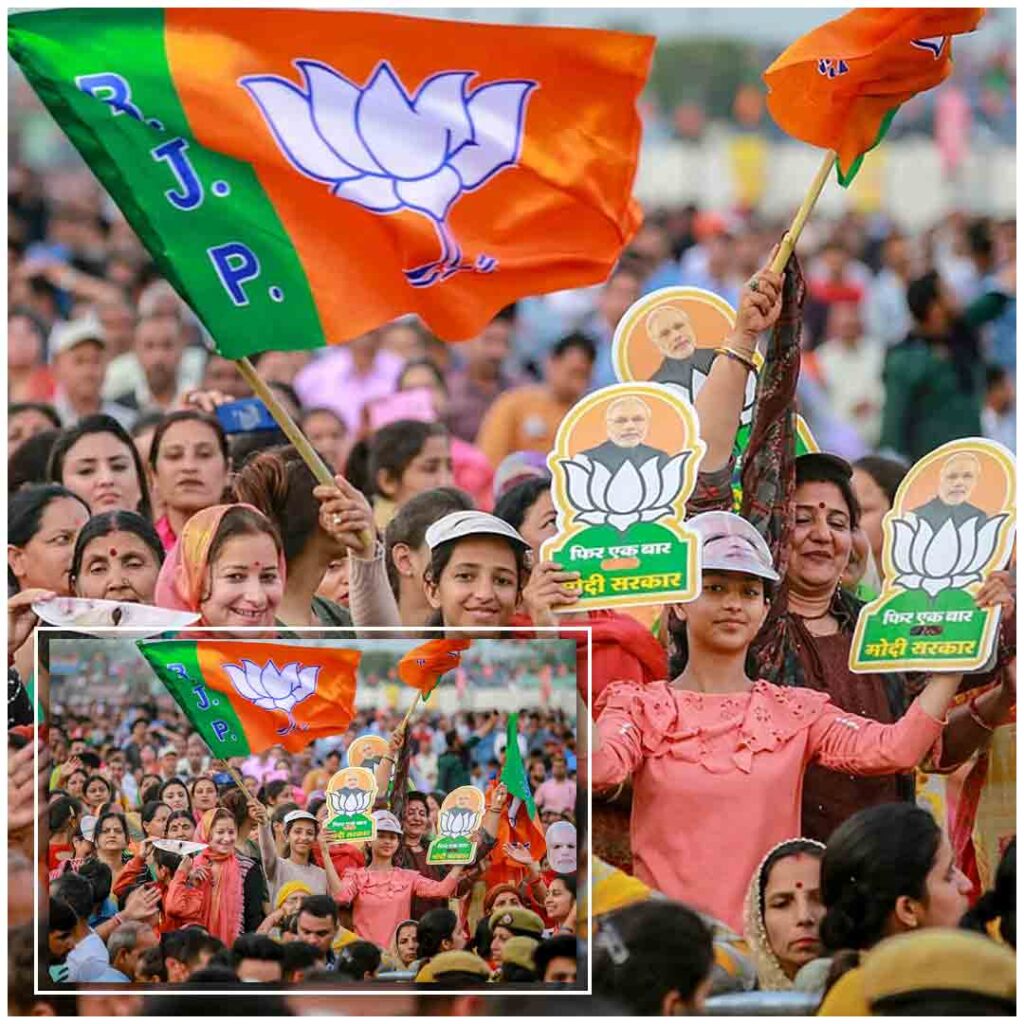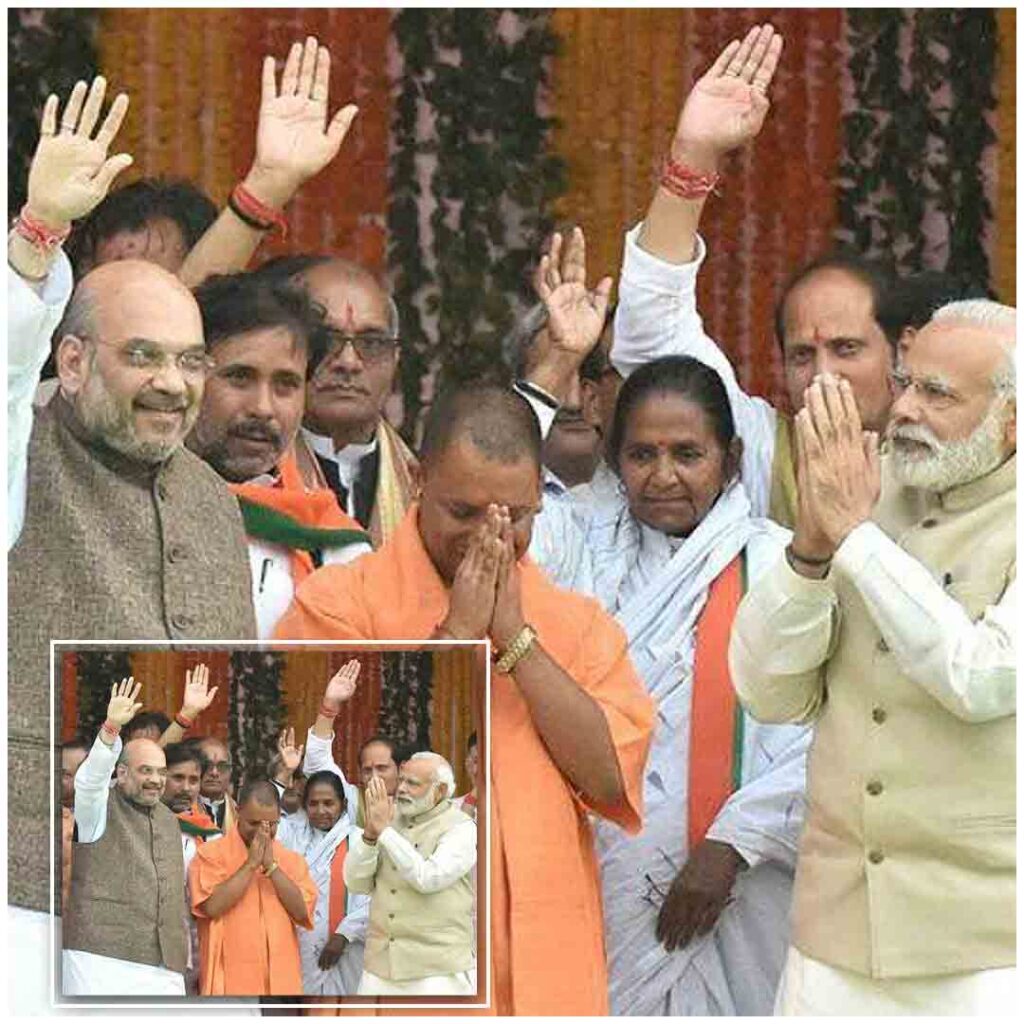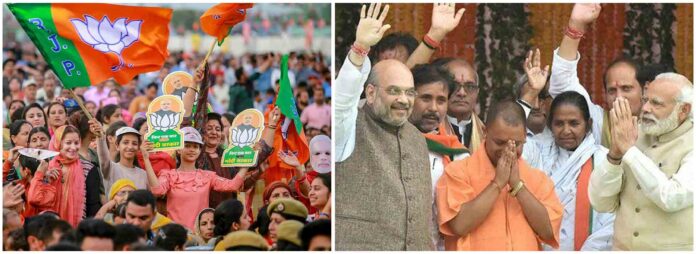As India approaches the 2024 general elections, the political landscape is becoming increasingly complex and competitive. The Bharatiya Janata Party (BJP), the ruling party at the center, faces a significant and pivotal challenge in the form of the caste census. The caste census, which has been a contentious issue for years, has become a political conundrum that could impact the BJP’s electoral prospects in 2024.
Understanding the Caste Census
The caste census, also known as the socio-economic and caste census (SECC), is a comprehensive survey aimed at collecting data on various aspects of India’s population, including caste and socio-economic status. It is meant to provide a detailed understanding of the country’s demographics, particularly with regard to historically marginalized communities.

The last caste census was conducted in 1931, and successive governments have been hesitant to carry out a new one due to its potential political and social implications. However, demands for a fresh caste census have grown louder in recent years, with various political parties and social groups advocating for its implementation.
BJP’s Stance and Dilemma
The BJP, historically, has been wary of the caste census, preferring to emphasize a more inclusive and development-centric agenda. The party has often argued that such data could further exacerbate caste divisions and potentially be used for political gains by various regional and opposition parties.

However, the demand for a caste census has gained momentum, with several states, including Bihar, Tamil Nadu, and Odisha, passing resolutions in favor of conducting one. The political landscape is shifting, and the BJP now faces a dilemma regarding how to navigate this issue in the run-up to the 2024 elections.
Challenges and Considerations
The BJP’s approach to the caste census presents several challenges and considerations:
- Political Alliances: The BJP relies on alliances with regional parties to secure electoral victories. Some of these allies have strongly advocated for the caste census. Balancing the demands of these allies with the party’s own reservations will be a delicate task.
- Social Equity: Advocates for the caste census argue that it is essential for understanding the socio-economic disparities that persist in India. Ignoring these disparities could alienate significant voter segments, particularly among historically disadvantaged communities.
- Opposition Pressure: Opposition parties have seized on the caste census issue, using it as a rallying point to criticize the BJP. Failing to address this issue effectively could lead to electoral losses and tarnish the party’s image.
- Data Privacy and Misuse: Concerns have been raised about the potential misuse of caste data and the need to ensure data privacy. The BJP will need to devise a mechanism that addresses these concerns while also satisfying demands for transparency.
- Electoral Impact: Ultimately, the BJP will have to assess whether supporting or opposing the caste census will have a more significant impact on its electoral prospects in 2024. This decision will require a careful evaluation of various factors, including regional dynamics, caste demographics, and public sentiment.
Conclusion
The caste census conundrum represents a pivotal challenge for the BJP in the lead-up to the 2024 elections. The party must carefully navigate this complex issue, considering the demands of its allies, the aspirations of historically marginalized communities, and the potential electoral consequences. The decision regarding the caste census will not only shape the BJP’s electoral strategy but also have significant implications for India’s socio-political landscape. As the nation watches closely, the BJP’s handling of this issue will be a critical factor in determining its fate in the 2024 elections.






















